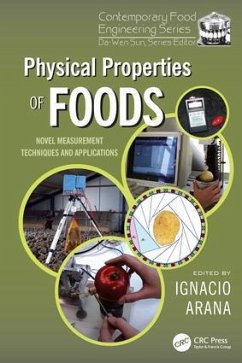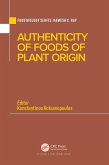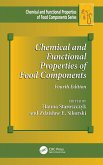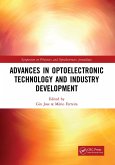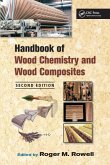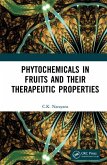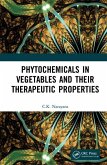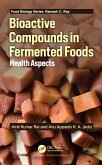With higher food quality in increasing demand by consumers, there is continuous pressure on food engineers to meet market needs. One of the critical challenges is to use modern technology and knowledge to develop new processes for improving food quality. Given the global food marketplace, there is also a greater need for a means of objectively classifying and differentiating foods. Physical properties, determined by measurable physical parameters, profoundly affect food quality and can be used for these determinations. Physical Properties of Foods: Novel Measurement Techniques and Applications presents a wide range of these practical, low-cost techniques to characterize physical properties without destroying the food.
The book presents principles and measurement techniques, highlighting the latest methods and their ability to replace the traditional costly, time-consuming ones. It also covers the application of the measurements to classify and differentiate various foods, including fruits, vegetables, cereals, and dairy and meat products. The text gathers up-to-date procedures for determining the most important physical parameters that characterize food quality, many of which have not previously been sufficiently described in the literature, and delivers them in one useful volume. It includes methods based on a variety of technologies such as electronics, spectroscopy, mechanics, and acoustic responsewhich can be applied to a wide range of foods.
With a focus on practical application of novel techniques, chapters specify method details, the type of food to which it has been applied, the accuracy, its ability to replace traditional techniques, as well as whether it can be installed on line. Written by internationally renowned engineers and scientists, this reference offers crucial information in an easily accessible format for engineers, researchers, and those in the food industryall who will benefit from the cutting-edge practices described for measuring parameters that affect food quality and food characterization. The text is also an excellent resource for students and university researchers.
Hinweis: Dieser Artikel kann nur an eine deutsche Lieferadresse ausgeliefert werden.
The book presents principles and measurement techniques, highlighting the latest methods and their ability to replace the traditional costly, time-consuming ones. It also covers the application of the measurements to classify and differentiate various foods, including fruits, vegetables, cereals, and dairy and meat products. The text gathers up-to-date procedures for determining the most important physical parameters that characterize food quality, many of which have not previously been sufficiently described in the literature, and delivers them in one useful volume. It includes methods based on a variety of technologies such as electronics, spectroscopy, mechanics, and acoustic responsewhich can be applied to a wide range of foods.
With a focus on practical application of novel techniques, chapters specify method details, the type of food to which it has been applied, the accuracy, its ability to replace traditional techniques, as well as whether it can be installed on line. Written by internationally renowned engineers and scientists, this reference offers crucial information in an easily accessible format for engineers, researchers, and those in the food industryall who will benefit from the cutting-edge practices described for measuring parameters that affect food quality and food characterization. The text is also an excellent resource for students and university researchers.
Hinweis: Dieser Artikel kann nur an eine deutsche Lieferadresse ausgeliefert werden.

